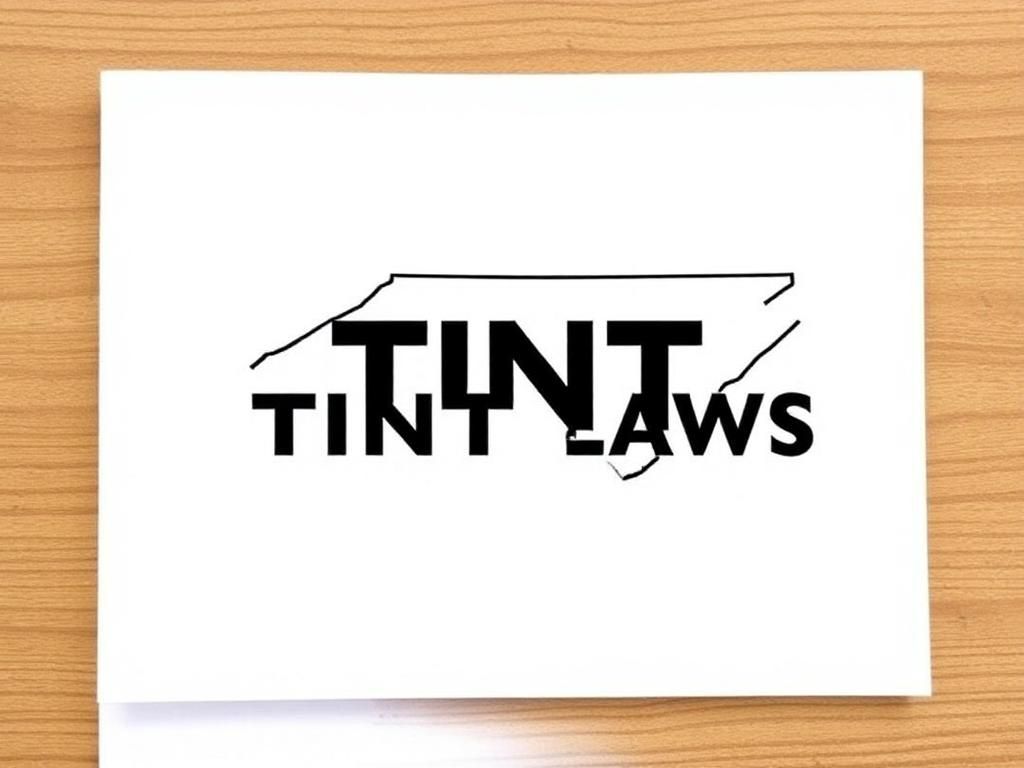Window tinting has become increasingly popular among car owners looking for privacy, heat reduction, and UV protection. However, understanding the NC tint laws is essential for anyone considering window tinting in North Carolina. Compliance with these regulations not only ensures your safety while driving but also protects you from potential fines and legal issues. This article delves into the specifics of NC tint laws, providing essential information for residents.
What are Window Tint Laws?

Definition of Window Tinting

Window tinting involves applying a thin film to the inside of vehicle windows to control the amount of light that passes through. Various types of window films are available, offering benefits such as:
– UV Protection: Tinted windows can block harmful UV rays, protecting your skin and preventing interior fading.
– Heat Reduction: Tints can help keep the vehicle cooler, ultimately improving comfort and reducing air conditioning use.
– Privacy: Tinted windows provide an added layer of privacy, making it harder for outside observers to see inside.
Overview of Window Tint Laws
Window tint laws are designed primarily to enhance safety by ensuring visibility for drivers and passengers